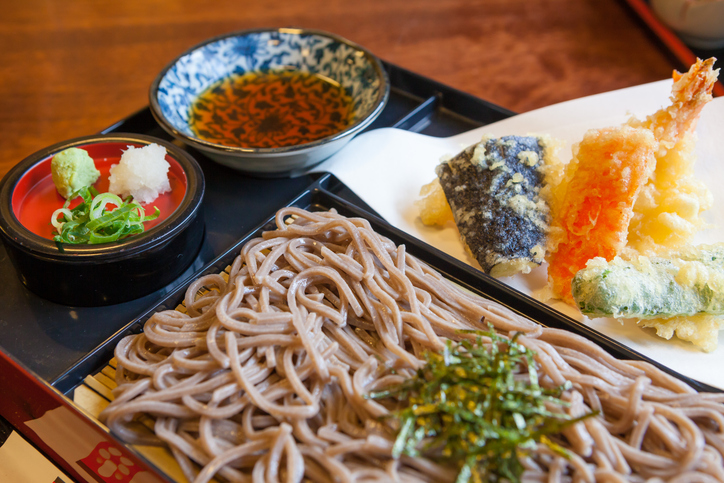日本文化を英語で紹介しよう!
年越し・お正月編~NEW YEAR~
外国人の友達にどう説明する?
なるべく簡単にした英語フレーズ

年末の行事や年末の様子を説明する
Soon after Christmas, Japanese people start preparing for the year-end and New Year’s events.
クリスマスが終わってすぐ、日本人は年末とお正月のイベントに向けた準備を始めます
Compared to Christmas, many of these events are based on Japanese tradition and are deeply related to religion.
クリスマスに比べて、これらのイベントは日本の伝統に則り、宗教に深く関わっている場合が多いです
However, for most Japanese people, it seems to be regarded as a custom rather than a religious act.
しかし、ほとんどの日本人にとっては、宗教的な行いというよりただの慣習という認識が強いようです
Relatives come together to celebrate the New Year.
新年を祝うために親族が集まります
In December, end-of-year parties are organized in most workplaces.
12月になると、ほとんどの職場で忘年会(年末パーティー)が企画されます
The end-of-year party is called “bonenkai” in Japanese. “Bonen” means to forget (the worries of) the past year.
年末パーティーは、日本語で「忘年会」といいます。「忘年」とは、今年(の気苦労)を忘れることです
Many of the Japanese companies start their end-of-year holidays from around the 28th of December.
多くの日本の会社は12月28日頃から年末の休暇に入ります
The end-of-year holidays in Japan are usually about a week or less.
年末休暇はだいたい1週間以内です
People are busy with events on New Year’s Eve.
大晦日にはイベントが盛りだくさんで、人々は大忙しです
New Year’s Eve is called “Oomisoka” in Japanese.
お正月イブは日本語で「大晦日」といいます
We eat soba noodles called “toshikoshi soba” (year-crossing soba) to wish for a long lasting life.
私たちは長寿を願って、「年越しそば」という蕎麦を食べます
On New Year’s Eve, soba noodle shops are crowded with many people from morning till night.
大晦日のお蕎麦屋さんは多くの人が来るので朝から晩までずっと混んでいます
Also, a major house cleaning is done by the whole family.
また、家族総出での大掃除が行われます
This major house cleaning is thought as a ritual to give a pleasant welcome to God on New Year’s Day.
この大掃除は、新年に神様を気持ち良く迎えるための儀式として考えられています
At night time, many people get together at countdown events.
夜には、たくさんの人がカウントダウンイベントに集まります
Others stay at home and watch television programs.
The most well known one is the “Kouhaku Utagassen”, an annual singing contest.
他の人たちは家でテレビ番組を見ます
最もよく知られているのは、毎年恒例の歌唱コンテストである、「紅白歌合戦」です
At Buddhist temples, huge bells are hit 108 times during midnight to get rid of all evil desires.
仏教のお寺では、深夜の間に巨大な鐘が108回、全ての煩悩を払うために打たれます





















